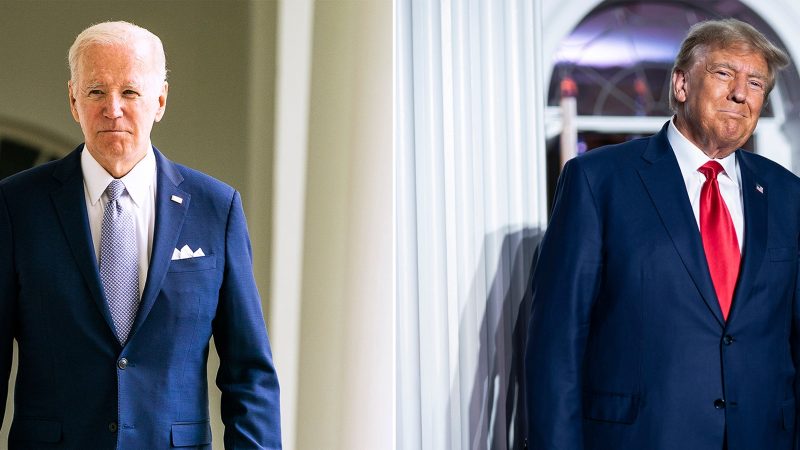The battle over the 2017 tax cut between former President Donald Trump and President Joe Biden has been a central point of contention between the two administrations. Trump’s Tax Cuts and Jobs Act of 2017 was a significant overhaul of the tax code, aimed at spurring economic growth and creating jobs. However, the legislation was not without its critics, who argued that it disproportionately benefited the wealthy and added to the national deficit.
President Joe Biden came into office with a promise to reverse many of Trump’s tax policies, including the 2017 tax cut. Biden proposed raising the corporate tax rate from 21% to 28% and increasing taxes on individuals earning over $400,000 per year. He argued that these changes were necessary to fund his ambitious infrastructure and social programs and create a more equitable tax system.
Trump and his supporters, on the other hand, have criticized Biden’s proposed tax increases, claiming that they would stifle economic growth and harm American businesses. They argue that lower taxes incentivize investment and job creation, and that reversing the 2017 tax cut would undo many of the economic gains achieved during Trump’s presidency.
The battle over the 2017 tax cut reflects broader ideological differences between the two parties regarding the role of government in the economy. Republicans generally favor lower taxes and less government intervention, believing that this creates a more conducive environment for businesses to thrive. Democrats, on the other hand, tend to support higher taxes on the wealthy and corporations to fund social programs and reduce income inequality.
The outcome of this battle remains uncertain as it largely depends on the political landscape in Congress. Democrats hold a slim majority in both the House and Senate, which could make it difficult for Biden to pass major tax legislation without bipartisan support. Republicans, meanwhile, are likely to continue defending Trump’s tax cuts and advocating for lower taxes as a means of stimulating economic growth.
As the debate over the 2017 tax cut continues, it will be crucial for policymakers to find a balance between fostering economic prosperity and ensuring a fair and equitable tax system. Both Trump and Biden have strong convictions about the best path forward, and only time will tell which vision prevails in shaping the future of America’s tax policy.

